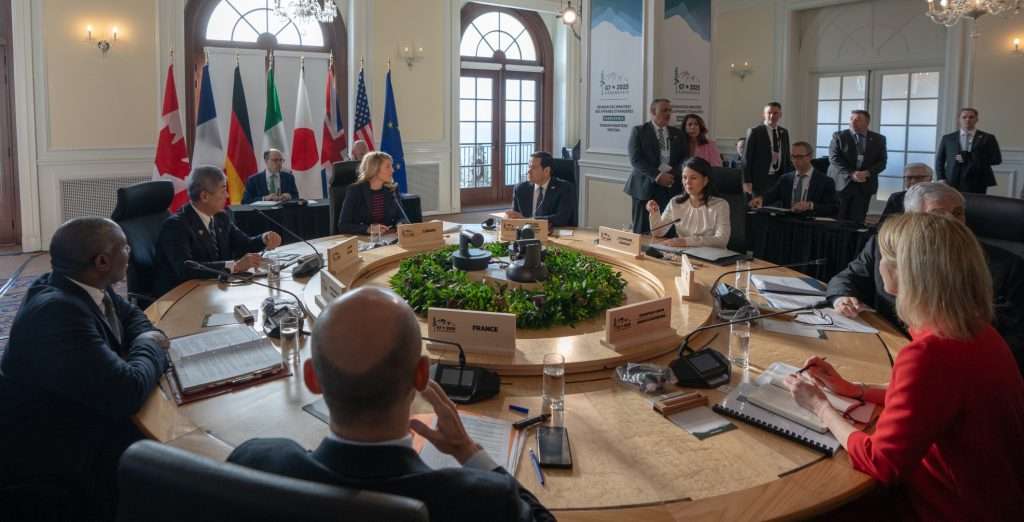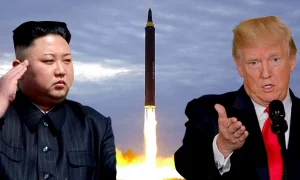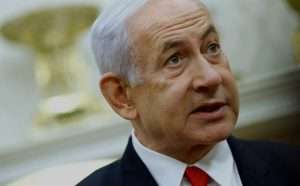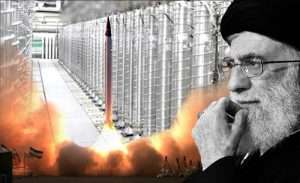UK, France and Germany prepared to reimpose sanctions on Iran

G7 Foreign Ministers Meeting including ministers from UK, France and Germany, March 2025
France, Germany, and the United Kingdom sent a joint letter to the UN warning that they are prepared to reimpose sanctions on Iran if it does not make efforts to reach a nuclear agreement with the international community by the end of August, according to Reuters on August 13th.
The foreign ministers of the so-called E3 group of Europe’s three key economies wrote to the UN on August 12th to express the suggestion of imposing sanctions unless Iran follows through, a letter shared by the French foreign ministry has stated.
“We have made it clear that if Iran is not willing to reach a diplomatic solution before the end of August 2025, or does not seize the opportunity of an extension, the E3 are prepared to trigger the snapback mechanism,” the ministers outlined in the letter, first reported by the Financial Times and Le Monde.
The group added that they can offer a possibility of limited expansion for Iran for direct talks between the US and Iran. However, that offer has not been met with a response by Iran as of yet.
The three European nations, alongside China and Russia, are the remaining parties to the Joint Comprehensive Plan of Action (JCPOA), commonly known as the Iran Nuclear Deal, signed in 2015. The deal removed sanctions on Iran in exchange for limits on its nuclear programme to encourage civilian energy production and prevent the development of atomic weapons. Under the first administration of President Donald Trump, in 2018, the US withdrew its signature from the agreement.
Despite its insistence on committing to the nuclear deal, Iran’s nuclear programme has been heavily scrutinised by international observers such as the International Atomic Energy Agency (IAEA), while the UN nuclear watchdog criticised Israeli and US airstrikes.
The E3 previously threatened Iran with sanctions, as announced on July 15th, if it was found to be violating its obligations set by the 2015 nuclear deal. The three major European countries commenced talks with Iran in Istanbul on July 25th. This was the first face-to-face meeting since the surprise Israeli and US strikes on the country’s nuclear facilities and military targets in June, attacks which Iran retaliated to and labelled as a war crime.
Iranian Foreign Minister Abbas Araghchi rejected the floated “snapback” mechanism, saying that the West’s reactive sanctions have “absolutely no moral, legal grounds”, adding that this is due to “providing political and material support to the recent unprovoked and illegal military aggression of the Israeli regime and the US”.
He also said that Tehran will not abandon its uranium enrichment programme, despite the heavy damage inflicted on its nuclear sites, as Araghchi confirmed himself.
Now, the E3’s continued willingness to trigger the mechanism has prompted former foreign minister and lawmaker Manouchehr Mottaki to say Iran’s parliament “has its finger on the trigger to withdraw from the nuclear Non-Proliferation Treaty (NPT)” within 24 hours if international sanctions were reinstated. This follows Iran’s parliament voting in favour of ending ties with the IAEA on June 25th over a perceived unreliability of the organisation as well as non-compliance and hypocrisy by the 2015 deal’s co-signatories, such as the EU.
Before the 12-day conflict in June 2025, Tehran and Washington had initiated rounds of bilateral talks in Oman over an agreement for preventing nuclear enrichment. These were stalled over disagreements on how far Iran should be permitted to enrich uranium and US strikes on Iran.
Reuters, Maghrebi.org
Want to chase the pulse of North Africa?
Subscribe to receive our FREE weekly PDF magazine












